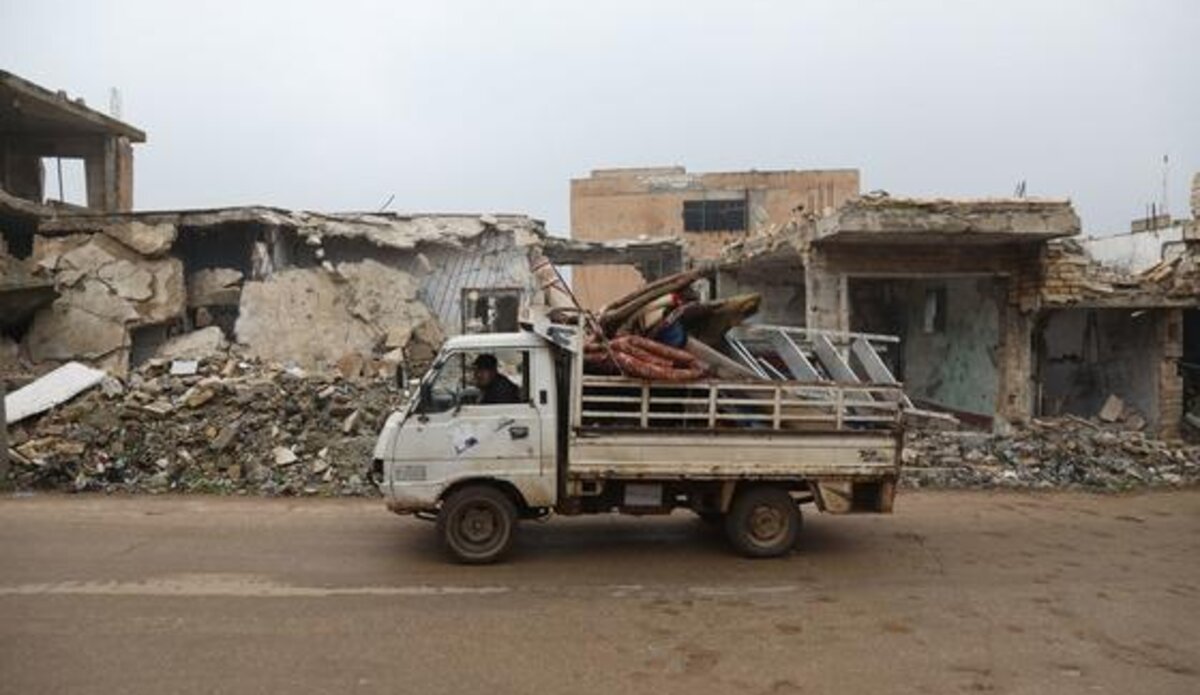Corinne Fleischer, Regional Director for the Middle East, North Africa, and Eastern Europe at the World Food Programme (WFP), highlighted the severe challenges the region has faced since the Arab Spring began 13 years ago. During a press conference in New York, she emphasized that the Middle East has endured ongoing crises, including a protracted refugee situation, economic collapse in several countries, and skyrocketing food prices exacerbated by the war in Ukraine.
Fleischer stated that nearly 50 million people in the Middle East, North Africa, and Eastern Europe are currently food insecure—double the number before the Arab Spring. The WFP now has to provide assistance to six times more people than it did before the uprisings. She further warned of the increasing strain as the region braces for potential new conflicts, stressing that families cannot endure these compounded hardships any longer.
Despite donations returning to pre-COVID levels, Fleischer noted that the demand for assistance has far outpaced available resources due to rising food prices and increased needs. As a result, the WFP has been forced to drastically cut its operations. In Syria, for instance, the programme once reached six million people each month but now only assists about one million. Fleischer underscored the critical need for sustained and increased funding from existing donors, including contributions from the private sector, and the importance of attracting new donors to avoid further reductions in aid.
She stressed that the WFP is focusing on the “most vulnerable of the most vulnerable” in its operations, but acknowledged the painful decisions staff must make on the ground regarding who receives aid and who does not, calling it “the hardest choice of all.”
This article was translated and edited by The Syrian Observer. The Syrian Observer has not verified the content of this story. Responsibility for the information and views set out in this article lies entirely with the author.


